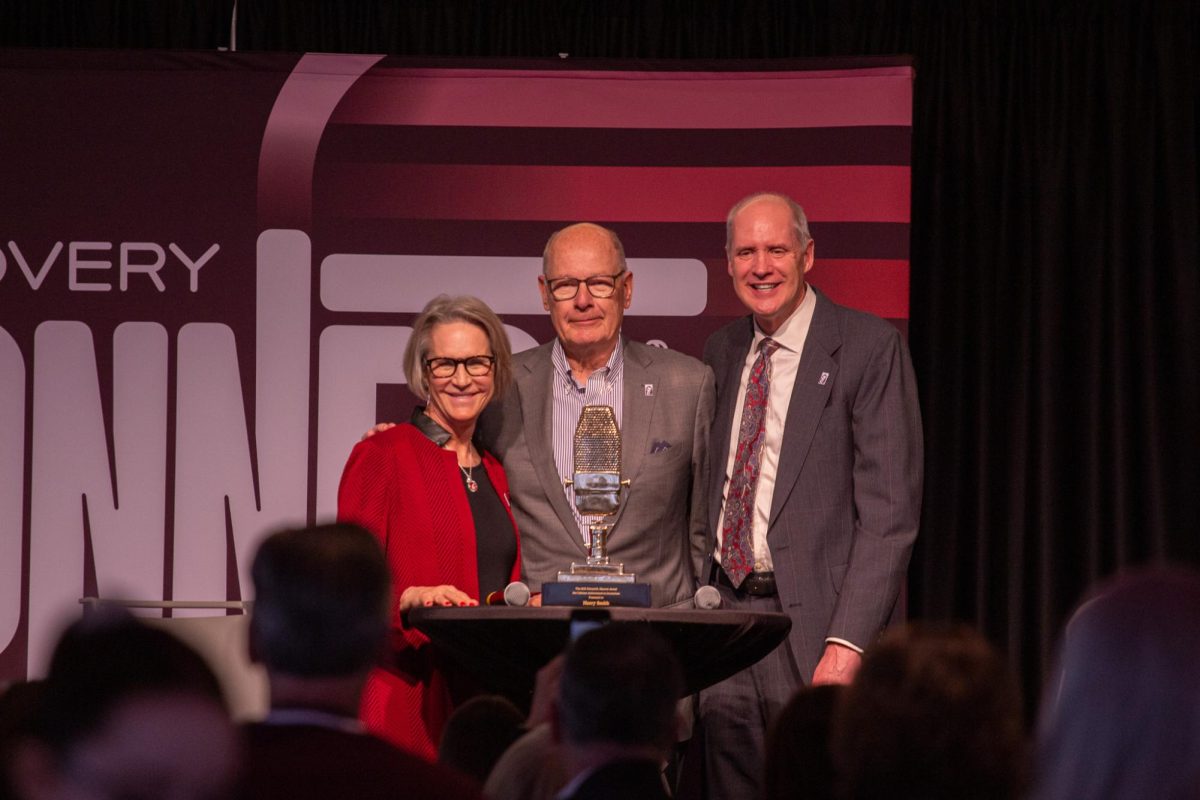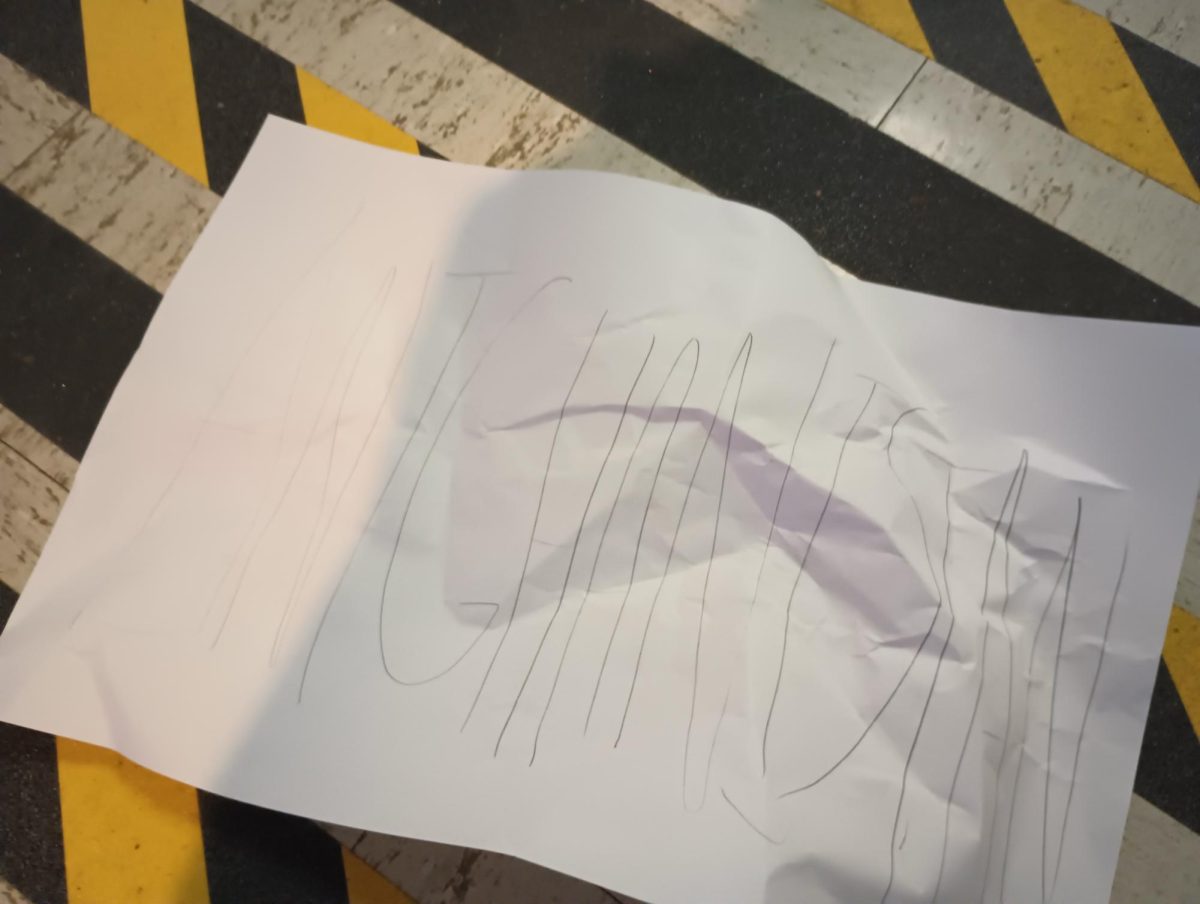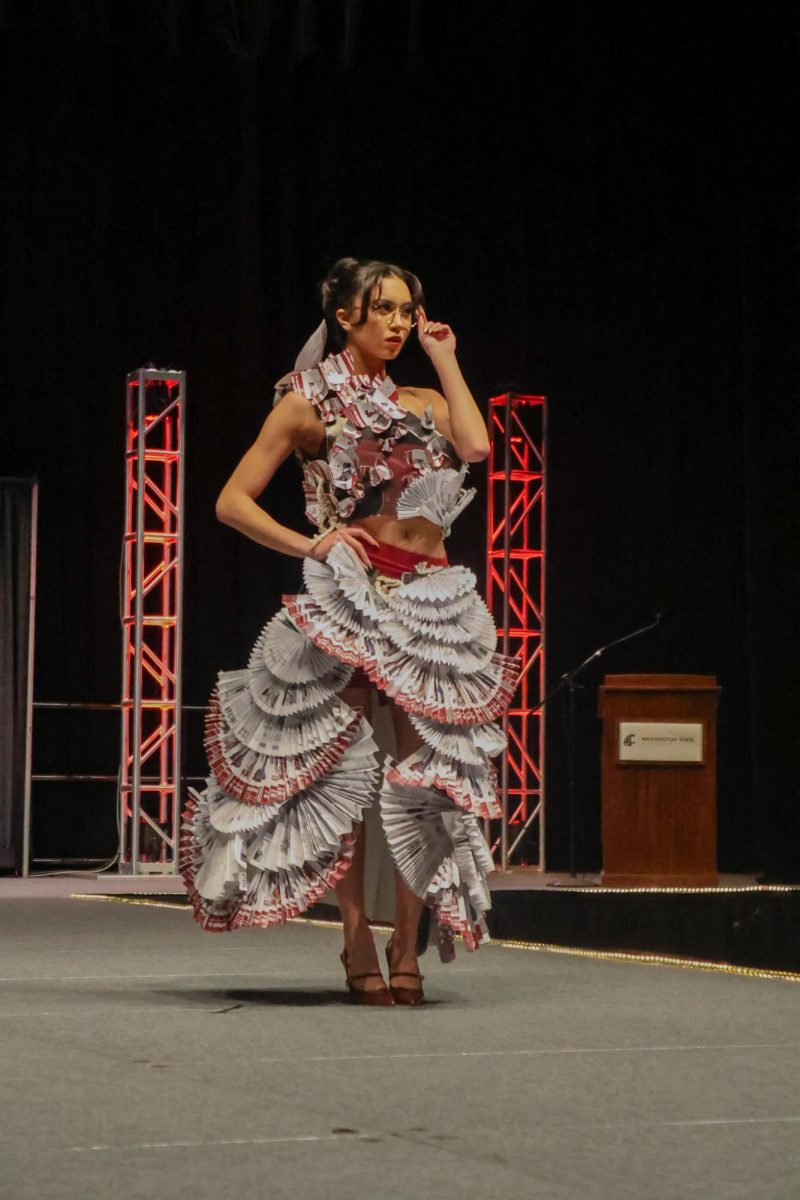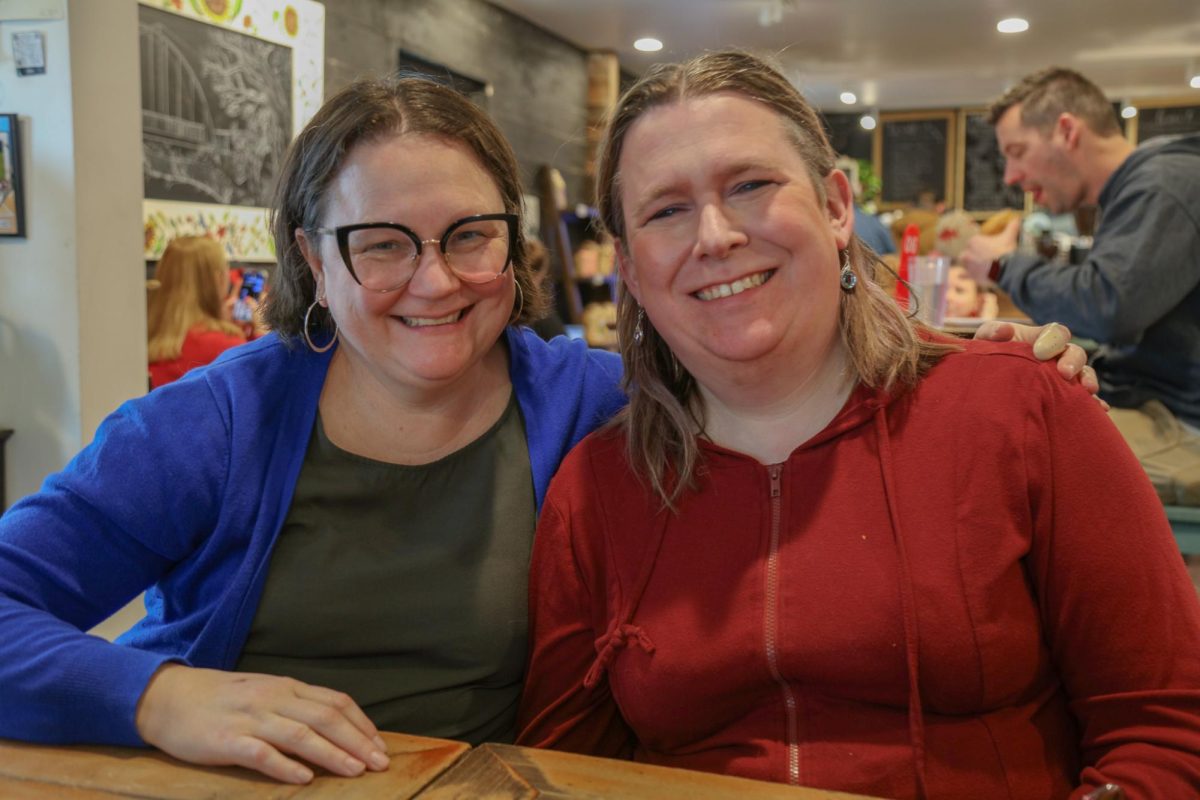The Murrow Symposium returned for its 49th year during April 1–2 on the second floor of the Compton Union Building, bringing together journalists, scholars, students and educators to explore the evolving media landscape.
The annual event honors Edward R. Murrow, the pioneering journalist and WSU alum whose contributions continue to influence the field of communication.
The event opened with a keynote breakfast featuring Sarah Kneller, a broadcast and esports journalist. Afternoon panels explored topics including professionalism, religion, artificial intelligence, social media and misinformation.
This year’s symposium honored longtime CBS journalist Harry Smith with the Edward R. Murrow Lifetime Achievement Award. Smith, who has worked in media for more than five decades, has covered war zones, natural disasters and international affairs. The award was presented by WSU President Elizabeth Cantwell, who began her tenure April 1.
Cantwell referred to Smith as a reminder of the values and experiences that bring people together. Smith began his career in radio and transitioned to broadcast news in the 1980s. He has interviewed U.S. presidents and reported from Moscow during political unrest.
“What do we lose when we fail to tell stories of everyday people? Everything,” Smith said during his keynote.
Students and faculty were invited to attend the award ceremony and a three-course lunch. During his remarks, Smith emphasized the critical role of journalists today.
“I love reporting so much, and man, do we need real reporters now,” he said.
He referenced the film “Groundhog Day,” and said the current media cycle often feels repetitive but without the humor. Smith also spoke about the political atmosphere, referencing deportations, agency closures and misinformation, and called for more accountability and truth-telling in journalism.
Day one concluded with additional panels, the achievement award ceremony and a student and research showcase.
On day two, Smith spoke in a smaller setting and was joined by his wife, Andrea Joyce, an award-winning sports journalist. Joyce opened the day with a keynote breakfast where she reflected on her career in sports broadcasting.
The schedule included panels on audio storytelling, backpack journalism, and alumni career talks. Students also had the opportunity to receive professional headshots.
Jaimee L. Foxx closed the symposium with a keynote lunch asking, “Are you moving forward or are you standing in your own way?” Foxx shared how Hurricane Katrina changed the course of her life, eventually leading her to WSU, where she found direction through the University 101 course.
“It sparked interest that changed the course of my life,” she said.
Foxx gave students eight tips for personal and professional development, including the importance of getting involved on campus. She said she remains in contact with WSU professors to this day.
Sophomore multimedia journalism major Erica Lilleberg said she attended Foxx’s keynote and left feeling inspired.
“She talked a little bit about ways you can fill someone’s cup and be someone’s mentor, too. As much as we all need mentors, we can also be someone else’s mentor and fill their cup,” Lilleberg said.
Advertising major Lindsey Stetner said she appreciated the opportunity to network and gain insight into the field.
“The alumni, Murrow Cougs—the community there is so awesome and so special because everybody wants to help,” Stetner said. “Everybody is very invested in the students and helping them further their careers.”
Students were also paired with professional coaches—WSU alumni and board members—who offered guidance on career development. Stetner worked at the coaching table and said the experience gave her valuable insight.
The 49th Murrow Symposium highlighted the power of storytelling and the enduring legacy of Edward R. Murrow. Through keynote speeches, panels, mentorship and networking, the event offered students and professionals a space to connect, learn and grow in the field of communication.
Next year’s symposium marks 50 years of celebrating the enduring journalistic legacy of Murrow.





![Golden Knights center Brett Howden (21) is shut out from the puck by Seattle Kraken defenseman Vince Dunn (29) and Seattle Kraken defenseman Adam Larsson (6) during an NHL hockey game between the Golden Knights and Seattle Kraken at T-Mobile Arena Thursday, April 10, 2025, in Las Vegas. (Madeline Carter/Las Vegas Review-Journal) [Courtesy of Tribune Content Agency]](https://dailyevergreen.com/wp-content/uploads/2025/04/20250411-AMX-SPORTS-3-TAKEAWAYS-AS-ILLNESS-SPREADS-19-LV.jpg)




